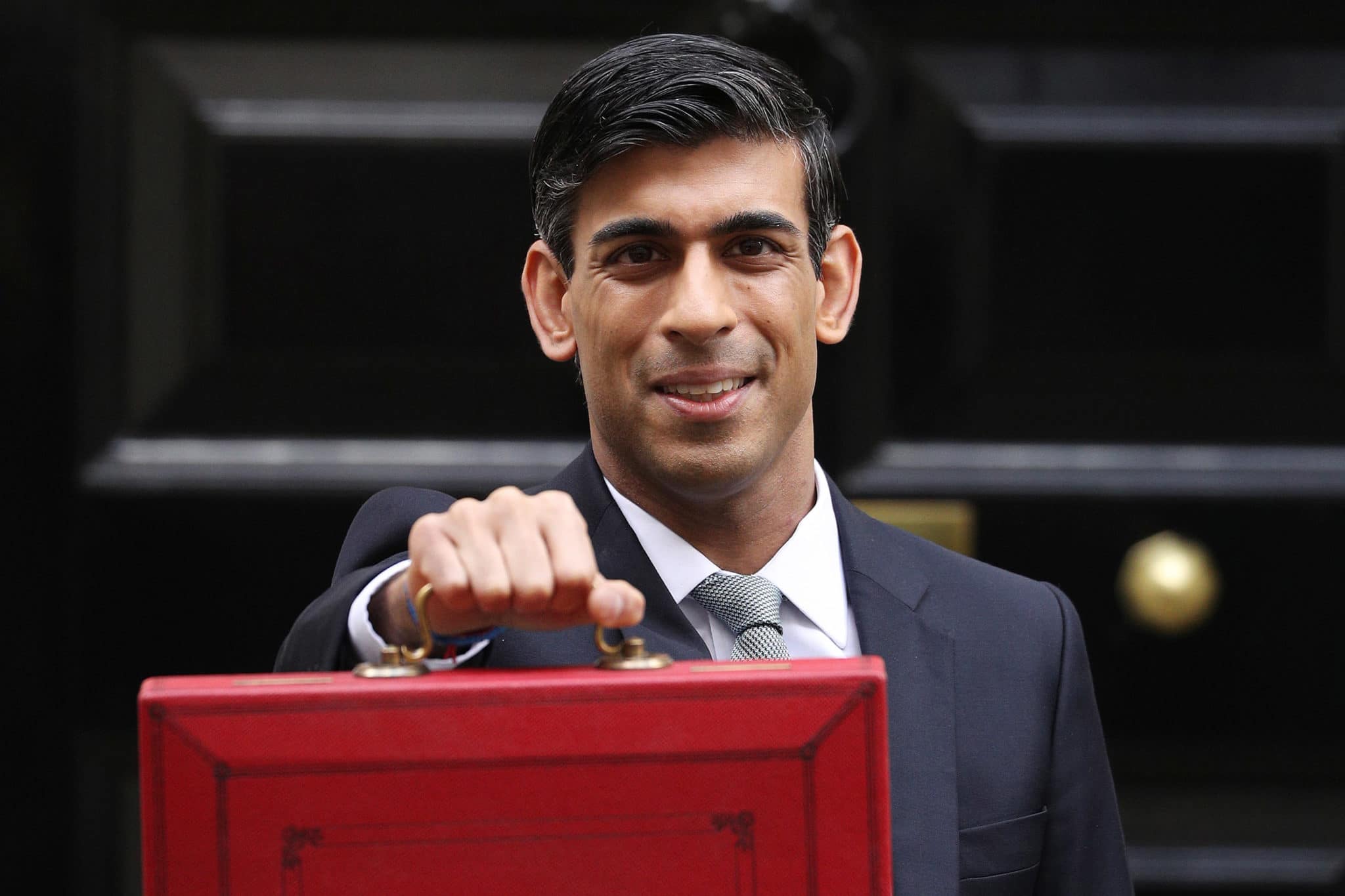Tory cuts to vital aid funding could undo decades of progress in the fight against HIV/AIDS, campaigners warn

The UK must keep up its commitment to international HIV/AIDS spending, campaigners and politicians have said
The UK must keep up its commitment to international HIV/AIDS spending, campaigners and politicians have said, after the government announced plans to slash international aid spending.
In a fiscal statement last week, chancellor Rishi Sunak cited coronavirus as he announced plans to ditch the legally-binding United Nations target of spending 0.7 per cent of GDP on international aid, instead reducing it to 0.5 per cent.
“During a domestic fiscal emergency, when we need to prioritise our limited resources on jobs and public services, sticking rigidly to spending 0.7 per cent of our national income on overseas aid is difficult to justify to the British people, especially when we are seeing the highest peacetime levels of borrowing on record,” Sunak said.
“I have listened with great respect to those who have argued passionately to retain this target. But at a time of unprecedented crisis government must make tough choices.”
MPs voice ‘concerns’ over potential impact of aid cuts
As World AIDS Day was marked on Tuesday (1 December), there have been calls to ensure that funding for global work on HIV/AIDS is kept up.
Conservative MP Steve Brine, a former public health minister and member of the independent HIV Commission, acknowledged the fears in an interview with PinkNews.
The backbench MP said: “[I am] concerned, but I do still think it’s it’s ‘potentially’. The aid budget, of course, will be going down by the fact that the economy as we heard last week will be 11 per cent smaller, so it’s so it’s already taking a hit.
“I want to see an awful lot more from ministers before I’m prepared to support a cut in the aid budget.”
He added: “Yes, there is there is a threat through the changes to the to the aid policy, but we don’t know that yet, and we don’t know for how long that will be, and we don’t know what what programmes would be impacted by it. It’s all still a bit up in the air. But I’m worried about it, as are many, many members across the house.”

Chancellor Rishi Sunak’s cuts to the aid budget must not undermine work on HIV/AIDS ( Dan Kitwood/Getty)
Labour MP Wes Streeting added: “We’ve got so many strong bilateral links with many countries in the world which are ravaged by HIV and AIDS, and it would be a tragedy if our expertise wasn’t shared in a way that has the potential to save so many lives, change so many others lives for the better, and help other countries to make HIV history.”
Global HIV/AIDS work could be set back further by cuts, campaigners warn
Christine Stegling, executive director of the charity Frontline Aids, warned that even before the cuts “funding for HIV prevention continues to be inadequate” and that pressures of the pandemic “threaten to undo the last decade of progress and set us back even further”.
Writing in The Independent, she explained: “Our fear is that with economies in trouble because of coronavirus and donors also giving less money, there will be less funding than ever available for HIV, and prevention will be hardest hit.
“It isn’t yet clear which sectors the UK will now prioritise for aid spending, but it would be extremely short-sighted if, in its response to one pandemic, the government inadvertently risks lives in another.”
She added: “The COVID-19 pandemic has taught us that, when faced with a crisis, governments can do incredible things and be persuaded to take unprecedented action.
“Both here in the UK and in the global south, Frontline Aids and our partners are working hard to persuade governments that HIV must not be allowed to become a worse problem because of coronavirus.”
The need to maintain international commitments was referenced by both Labour leader Keir Starmer and Lib Dem leader Ed Davey in their World AIDS Day messages.
Starmer said: “Globally, the fight is at risk. Even before the COVID crisis, despite having the tools we need, we were not making enough progress to reach the UNAIDS goals.
“We must protect the gains made in the HIV response over the last 20 years, many of which UK international development funding has helped to facilitate.”
Davey added: “The COVID-19 crisis has impacted both our work here at home and globally in response to HIV.
“Worldwide, we are not making enough progress to reach the HIV targets set by UNAIDS, and the UK should provide global leadership in addressing this challenge with new urgency. “

